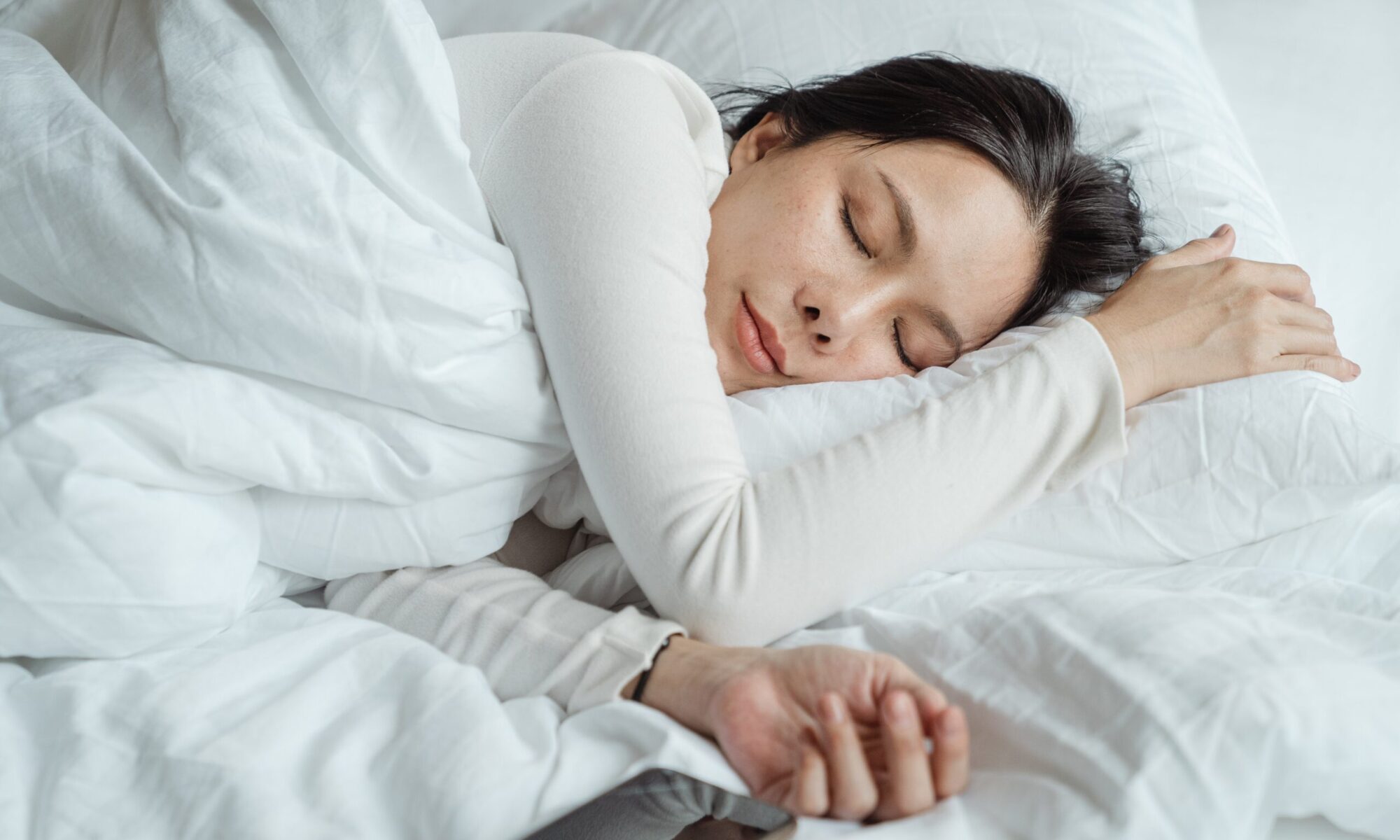Sweating is not unusual during the night, especially if the bedroom is too hot, you have too many bedcovers or you’re worried or anxious – but could there be other reasons, or even other reasons linked to being worried or anxious?
I often suffer heart palpitations during the night
Palpitations, heart racing, tachycardia and ‘missed beats’ are all signs of natural heart rhythm disruption.
This is likely due to ‘fight or flight’ hormones released as a result of these ‘airway closure events’ and more cardiologists are connecting these atrial arrhythmias to the drop in chest (intra-thoracic pressure) which can be highly clinically significant.
Many patients are treated for atrial fibrillation that have never been SDB tested.If you have AF I would highly recommend a sleep test if you haven’t had one done.
I often suffer night sweats during the night
Night sweats are not uncommon as many women who still suffer ‘hot flashes’ will attest.
If you’re one of those women who didn’t get them or had a faint experience – don’t tell someone who’s been suffering for a long time as these can go on for years or decades.
Some might think that if men got them too, there would probably be a cure by now!
Hot flashes and sweating at night.
Hot flashes, which plague up to 85% of menopausal women, can jolt you awake. These flashes are caused by a rush of adrenaline that shocks and wakes you up.
This is the same mechanism that follows strangulation of air supply when the airway is compromised in obstructive sleep apnea (OSA). The adrenaline rush in OSA is the body’s last ditch effort to awaken you before you die – sounds dramatic – but why else would it do it?
What’s more, this indirectly causes anxiety and often insomnia – the most common sleep disorder, above OSA in second place.
So let’s assume hot flashes are commonly associated with the release of adrenaline and the symptoms of ‘fight or flight response’.
Clearly this is another potential cause of night time sweating. The possibility of night sweats from OSA cannot be ignored – if in doubt check with your healthcare professional – it could be hidden behind other causes too.
Do you have an increased incidence of heart attack yourself or in family.
Increased self or family incidence of heart attack, stroke and high blood pressure are red flags for OSA. There is a strong familial connection with OSA and CV disease separately – as well as a strong association between them too.
Unfortunately, due to a lack of information, understanding or interest, there is often no connection made between someone having had a heart attack and possible sleep disorders (snoring and obstructive sleep apnea) as a contributor.
Some people are hospitalized after a heart attack – even put on blood thinners (which themselves can carry significant very risk) yet are never checked for SDB !
Blood thinners (anti coagulants) carry such a high risk for prescription that a risk assessment form has to be completed.
The last cardiologist I spoke too discounted OSA as a primary factor for heart attack, adding the findings of a study showing treatment for OSA as being pointless.
While this study did appear in a peer reviewed journal, it was an outlier – why not quote the other hundreds of studies and reports. Many cardiologists recognise the value of a sleep test “after” you’ve had a heart attack.
At age 45, my father had to pay the ultimate price for his doctor’s ignorance.
Some patients are sent home following their heart attack and never sleep tested, some people escape, some suffer other illnesses, some just have another heart attack, and some die.
Clearly while there has been improvement in recognition, there is still a need for an improved understanding by many physicians to understand these disease relationships.

Good sleep is crucial to good health and longevity.
Dr. Stephen Bray 2019

